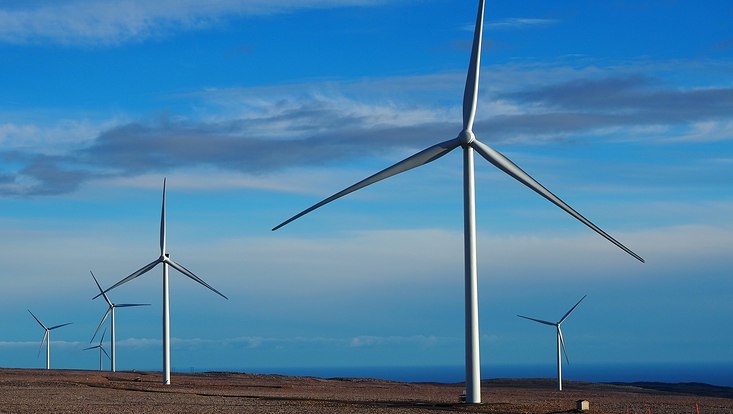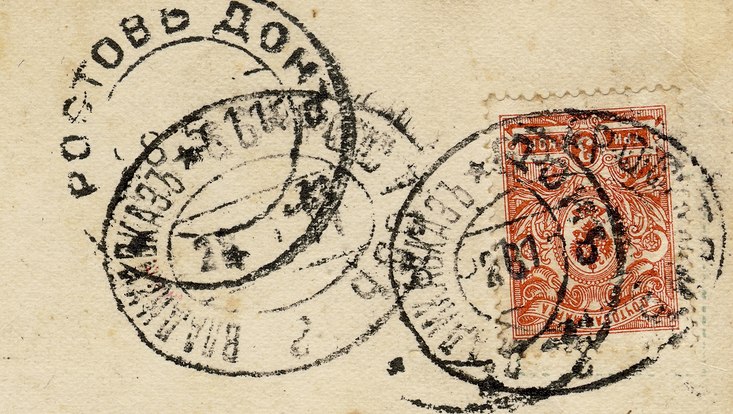Society Research
Final report of the CSS Working Group "Academic Travel"
9 March 2022, by CSS

Photo: Frank Vessia on unsplash
In January 2020, the Center for Sustainable Society Research (CSS) approved the establishment of the Working Group "Academic Travel: Doing science, meetingness and co-presence". Over its two year duration, the Working Group investigated the significance and current changes in international academic travel in the field of climate and sustainability sciences.
Were the objectives of the working group achieved or have the objectives changed during the funding period?
Central results of the working group are a literature report of the research field (Braun & Rödder, 2021) as well as a third-party funding proposal, which was submitted for funding. In addition, an ad hoc group on Covid-19-related mobility restrictions was conducted at the joint DGS/ÖGS congress in August 2021.
Contrary to the original plan, a junior research group within the Working Group was unable to conduct action research with the aim of reducing academic travel at Universität Hamburg, due to the pandemic.
What is the significance of the results of the Working Group for research in this field?
The field of Academic Travel is located at the intersection of science and higher education studies, mobility studies and the sociology of sustainability, among others. From the critical study of academic conferences as social practice (Critical Conference Studies) to the historical geography of transnational university networks, there are many dynamic recent developments that could benefit from an integrative approach. Here, the work of the Working Group has provided an approach to identify research gaps and focus on a relevant and cross-specialty topic.
What is the significance of the results for the sustainable development of society?
Today, academic air travel is often discussed in the context of its harmful environmental impact. These well-known negative impacts of flying are in contrast to the importance of face-to-face interaction in science, which is now more international than ever before. Understanding the contexts and role of academic air travel in the science system in more detail, as the work of the Working Group has done, contributes to the basic understanding needed for a more sustainable development of this small but prominent and mobile part of society.
What turned out to be particularly exciting findings?
As early as 2006, the French researcher Vincent-Lancrin predicted that the only thing that could stop the trend towards ever more intensive academic travel, apart from war, would be an international pandemic. Climate-related, governmental or voluntaristic, measures to restrict flying, or any mention of links between flying and the environment/climate did not factor in for him at the time. One of the exciting aspects of researching the literature review (Braun & Rödder, 2021) is related to the time at which it took place, namely at the beginning of such an inter-national pandemic. At the beginning of the Corona pandemic, when international science conferences were cancelled or moved to online platforms on a scale probably never seen before, the vast majority of commentators who wrote about it in journals from Nature to Die Zeit immediately placed it in the context of the climate debate. Something has changed. It is always exciting to compare the present with past predictions of the future.
You can find out more about the Working Group here.
References:
Aykut, Stefan C. (2020): Climatiser Le Monde. Paris: Éditions Quæ.
Braun, Max; Rödder, Simone (2021): Academic Air Travel. A Literature Review. CSS Working Paper Series No 3, Hamburg, https://doi.org/10.25592/CSS-WP-003.
Vincent-Lancrin, Stéphan (2006): What is Changing in Academic Research? Trends and Future Scenarios. European Journal of Education, 41 (2), 169-202. https://doi.org/10.1111/J.1465-3435.2006.00255.


